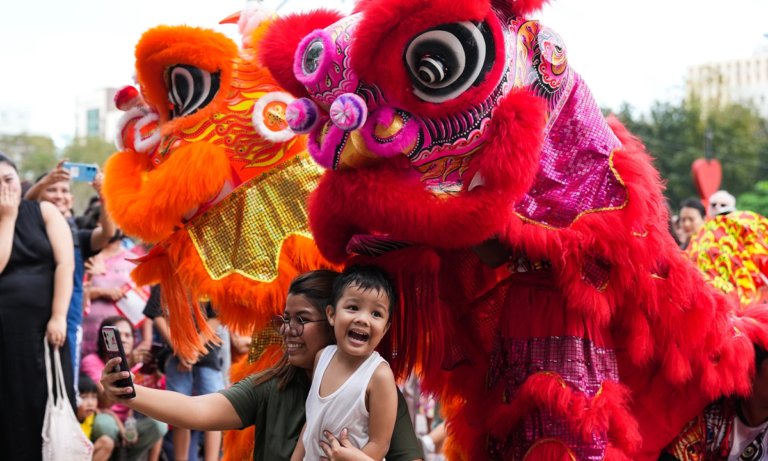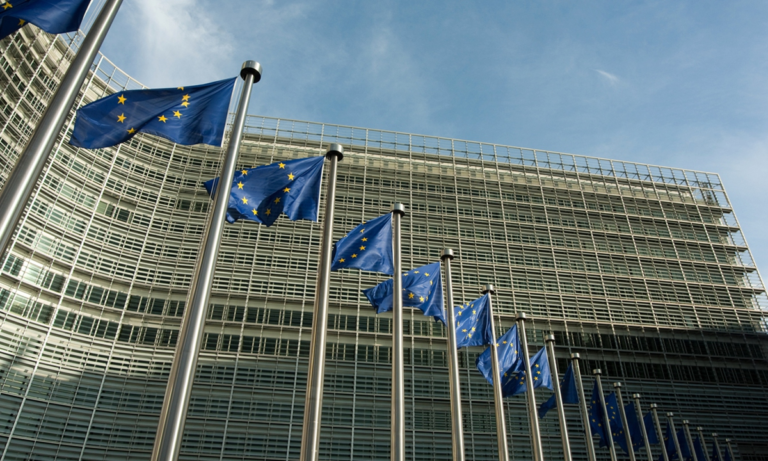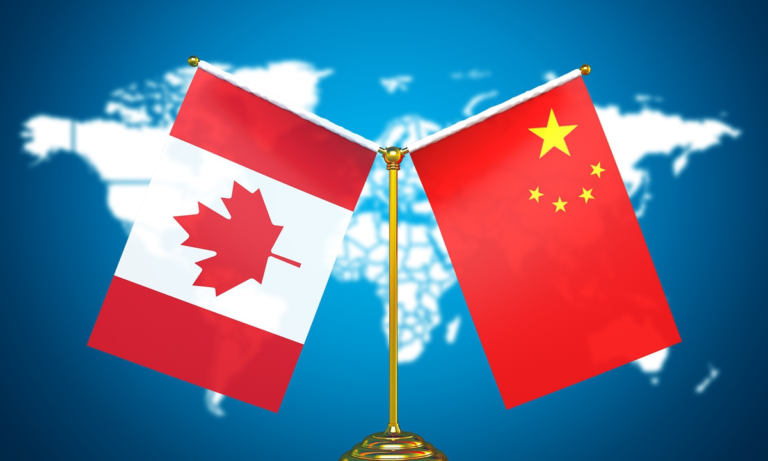
This marks the third U.S. Navy ship to moor in Ishigaki, further strengthening the U.S.-Japan alliance, which has served as the foundation for regional peace and security for nearly 75 years.
During a ceremony aboard the ship, San Diego’s commanding officer, Capt. Timothy Carter, expressed his gratitude to the people of Ishigaki for their warm welcome and extended thanks to several key organizations, including the Yaeyama Defense Association, Ishigaki Port Authority, and the Japan Coast Guard for their support and assistance in ensuring the ship’s safe arrival.
“It is truly an honor to be here today representing the United States Navy,” said Carter. “This visit stands as a testament to the deep, enduring friendship we share with Japan. Our presence in Ishigaki today underscores the strength and commitment of the U.S.-Japan alliance, a cornerstone of peace and stability in the Indo-Pacific region.”
San Diego operates in the Indo-Pacific region to enhance interoperability with partners. The ship serves as a ready-response force for any type of contingency, from operational to humanitarian assistance missions.
“Our military-to-military relationships have never been stronger,” he continued. “We look forward to engaging with the local community and deepening our understanding of each other’s cultures. Our partnership is not only important today, but will remain vital in the years to come.”
While in Ishigaki, the crew will have the opportunity to engage with local residents, learn about the island’s rich history, and enjoy its unique culture and cuisine. This visit represents another milestone in the strong and enduring ties between the U.S. and Japan.
San Diego, part of the America Amphibious Ready Group, is forward-deployed in the U.S. 7th Fleet area of responsibility to enhance interoperability with allies and partners and serve as a ready response force to defend peace and stability in the Indo-Pacific region.
U.S. 7th Fleet is the U.S. Navy’s largest forward-deployed numbered fleet, and routinely interacts and operates with allies and partners in preserving a free and open Indo-Pacific region.





